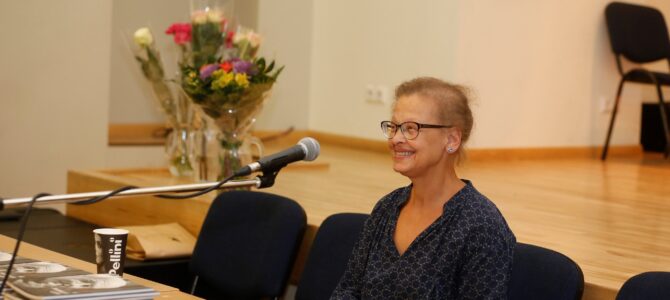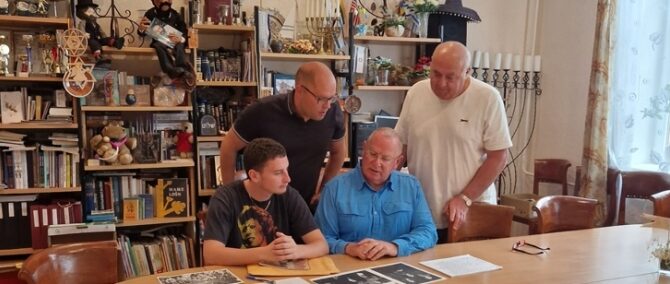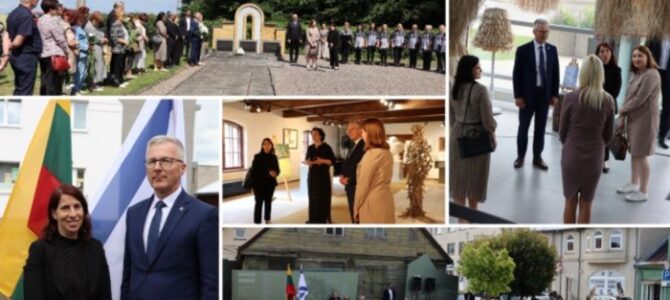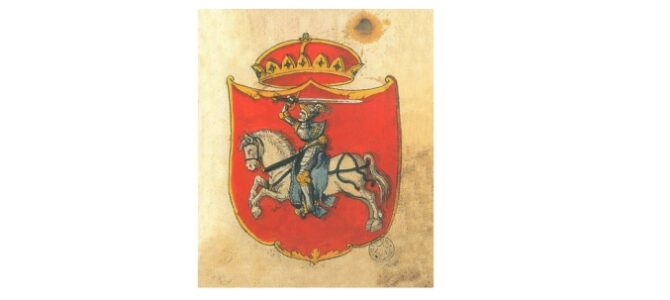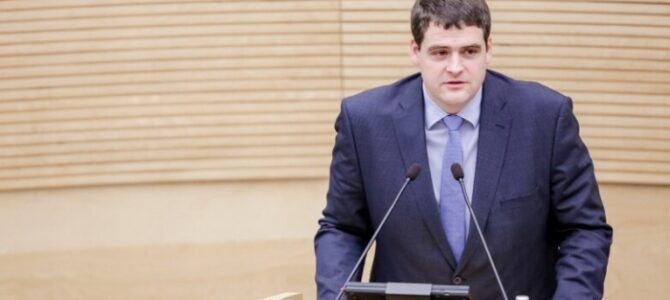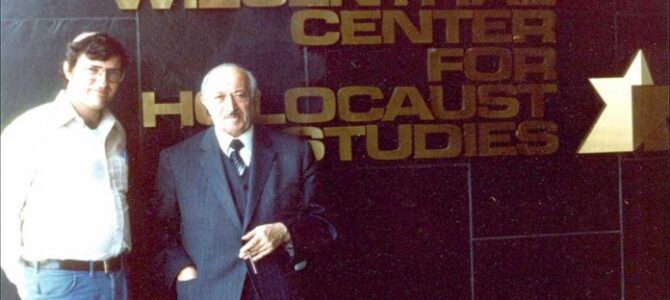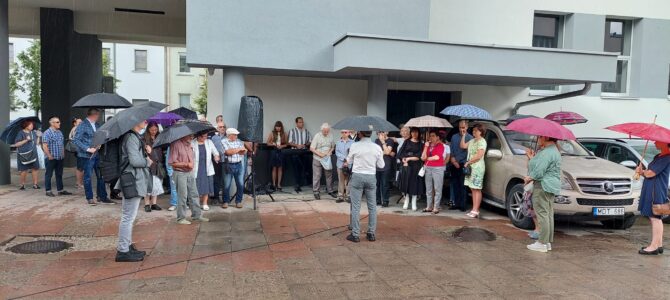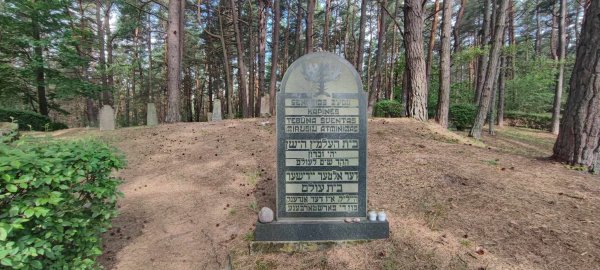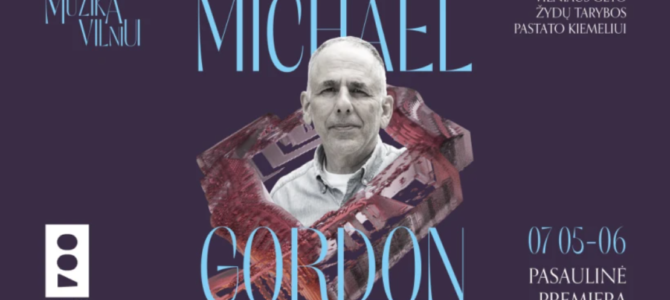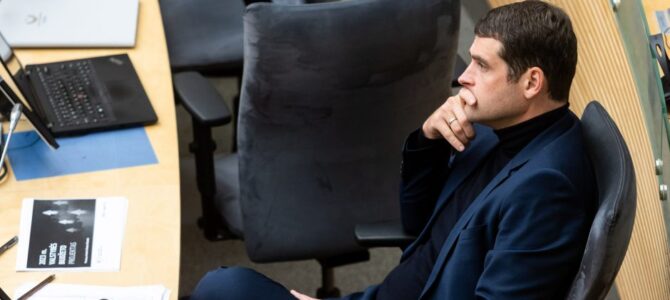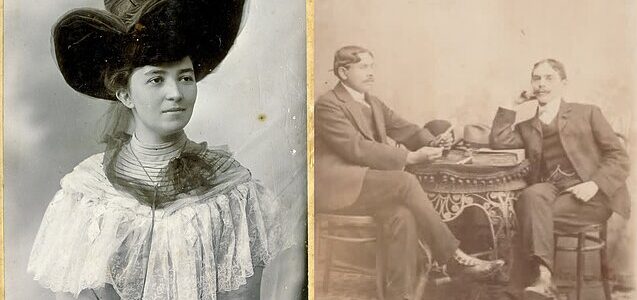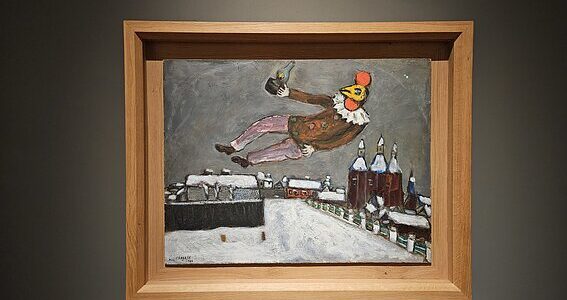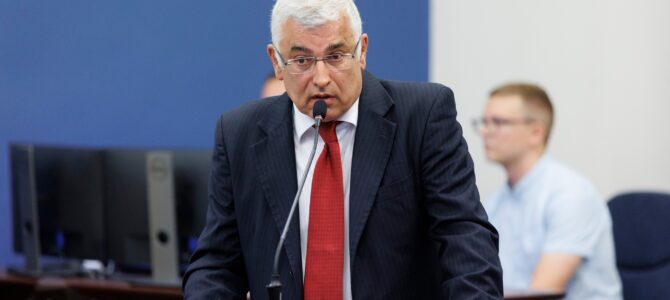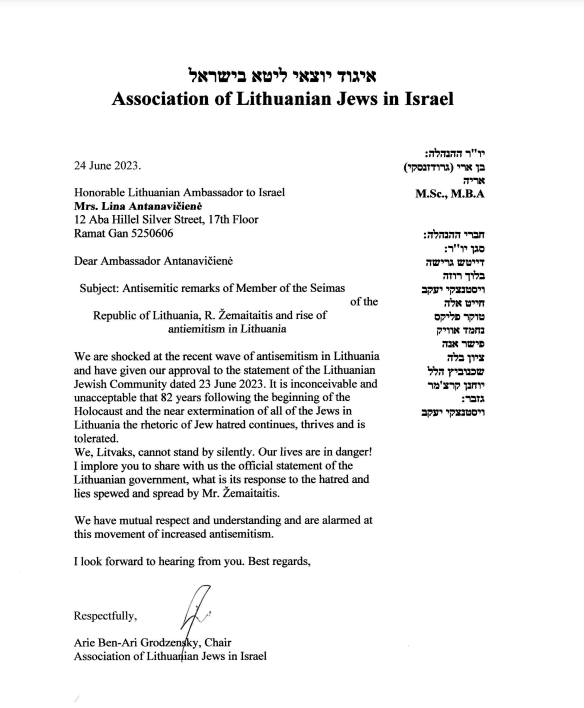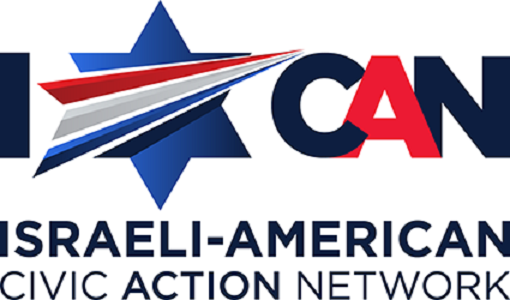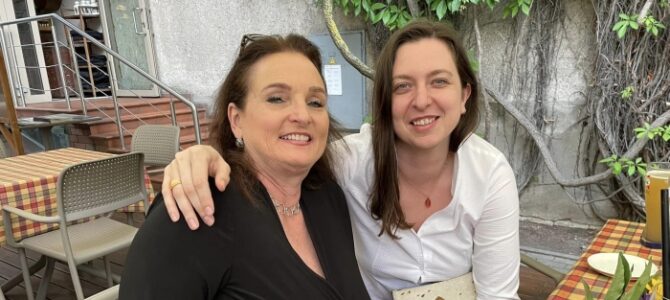The Lithuanian news site delfi.lt published an opinion piece on July 7 co-authored by Lithuanian MP and head of the Liberal Union Party Eugenijus Gentvilas and Marijus Gailius, the party’s press representative, outlining patterns they found leading to anti-Semitism on facebook among Lithuanians:
Disinformation Conglomerate: How Anti-Vaxers Become Anti-Semites
A strong wave of anti-Semitism has swept over the country over the last two months, whose dimensions and harm are comparable to what took place 20 years ago when publisher Vitas Tomkus published his series of articles in his newspaper Respublika called “They Rule the World” back in February of 2003. This time, though, the anti-Semitic attack is probably more dangerous, because it isn’t being sown by a single unethical writer, but by a large group of people, be they evil-minded or naïve, on the social networks. Furthermore the anti-Semitic campaign continues and there is no end in sight.
At the tip of the spear of the anti-Semitic narrative crafted and continuing to be promoted is member of parliament Remigijus Žemaitaitis. On May 9 he posted and later repeated a line of Lithuanian folk anti-Semitism. Since then the MP has posted more than 10 posts and entries disparaging the Holocaust and, without an history education, tendentiously “researching” the role play by people of Jewish ethnicity in the commission of crimes against the Lithuanian people. Historian Nerijus Šepetys provided a frank assessment of the politician’s version of history: “He will say anything at all and mixes it all up.” On July 4 the parliamentary faction leaders from the ruling coalition parties condemned Žemaitaitis’s “intentional and directed anti-Semitic attacks which trivialize the Holocaust, hatred sown for one ethnicity and provocation of public and national disorder.” They called for a procedure to be initiated to make an inquiry into the MP’s alleged breaking of his oath of office and his constitutional accountability.



